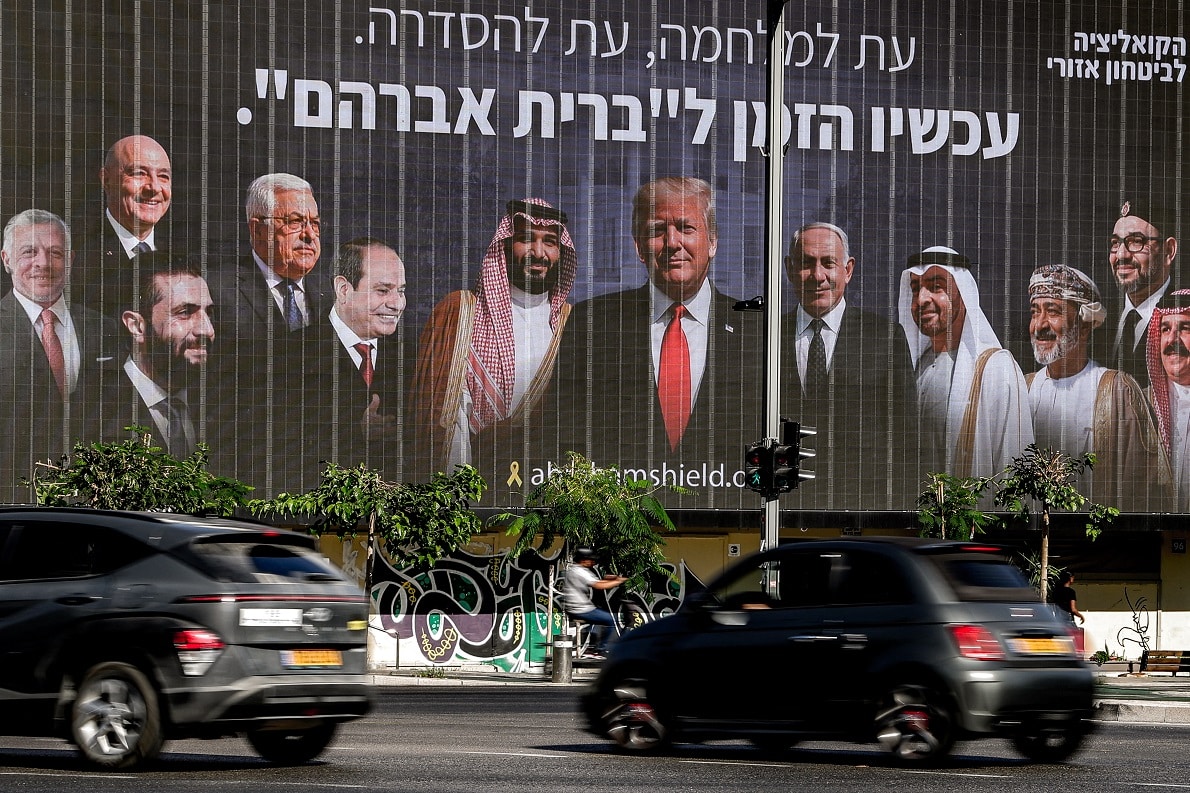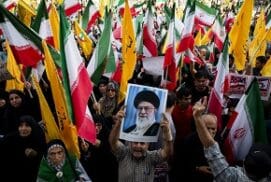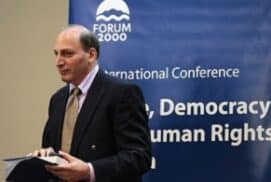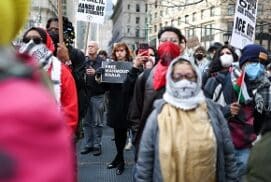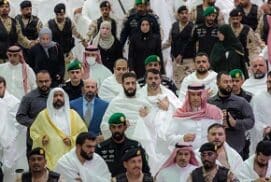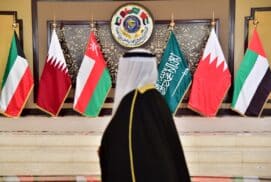Riccardo Cristiano 11 July 2025
United by geography and a long history that, since the end of the Ottoman Empire and especially during the long rule of the Assads, has taken on the characteristics of colonialism and occupation in the name of a “Greater Syria,” Lebanese and Syrians today share the same hope: that tomorrow will be different from today, putting an end to conflicts and reducing them to “wars of the past.” Reality demands this. In 2018, Lebanon’s GDP exceeded 55 billion dollars; today, it barely reaches 20 billion. One hundred thousand Lebanese pounds, which were worth 65 dollars at that time, are now worth just one. In Syria, in 2011, when the brutal repression of anti-government protests began, GDP reached 45 billion dollars; today it is only 9 billion.


